We’re thrilled to announce that David Frost has joined Skytap as our vice president of professional services and support. David will expand our professional service offerings to include a new consulting initiative to guide Enterprise development and IT organizations through the adoption of DevOps best practices. I had the chance to sit down with David to talk about this new offering, and his spot-on interpretation of DevOps.
Noel: Hello, David! Before we get too into the thick of it, I wanted to give you the chance to introduce yourself, and to find out what brought you here to Skytap.
 David: The entire movement to cloud and DevOps is a really exciting and major transformation that the IT industry is going through, and I was looking for a place where I could bring my experience to that industry change and industry transformation. Skytap is right in the heart of that.
David: The entire movement to cloud and DevOps is a really exciting and major transformation that the IT industry is going through, and I was looking for a place where I could bring my experience to that industry change and industry transformation. Skytap is right in the heart of that.
Secondly, I’ve worked for Deloitte Consulting, and a couple of smaller start-ups in my career and culture has always been very important to me and the organizations I’ve worked for. Part of being attracted to Skytap was not just the leading edge technology and the opportunity in this transformational space, but also it’s a great culture and a great team, and I am really looking forward to helping to grow Skytap.
Noel: We’re definitely happy to have you here. Okay, let’s dive a little deeper. We talk a lot about how Skytap helps enterprises with their continuous integration/delivery, parallel development, etc., but as everyone knows, none of these are easy undertakings, and there are certainly no “DevOps in a box” solutions. What are some of the other changes in culture, process, integrations that companies need in order to help these initiatives succeed?
David: Providing environments on demand is a significant benefit to any IT organization irrespective of their DevOps and CI maturity, so adopting Skytap always provides a benefit. However, to fully adopt DevOps IT organizations do have a number of challenges such as resistance to change, lack of senior management understanding and support, and acquiring the right skills and tool sets.
Skytap has an opportunity through our professional services and consulting group to really help people. For example, our experiences and use cases with current Skytap clients will allow us to define recommended best practice architectures and tool sets. Through our consulting offerings and partnerships with other SI’s we can also provide recommendations on a roadmap, in other words, incremental steps toward improved processes.
Noel: Ah, I love that. I’ve always thought our use cases are really good, and it seems like by being able to go in and really take a look at what someone does, what their product is, who their customers are, all those kind of things, that we can use proven examples the successes that our customers have had to show others how they can do the same.
David: Exactly. These best practices architectures are reference architectures and they can help to both illustrate a best practice in addition to clarifying Skytap’s position within those architectures.
Noel: That’s awesome, and will be such a benefit to people, rather than just selling them Skytap and hoping they use it in the best way for their specific business and unique needs. Let’s go ahead and dive right into DevOps, it’s certainly on many people’s minds these days. How well do you think people really understand it, and are we getting closer to a more universally agreed upon definition?
David: Unfortunately it’s all over the map, and there is still confusion out there in the market as to what DevOps is. It’s more than just the collaboration between Development and Operations.
DevOps is a broader initiative to improve quality and increase the frequency of application development and deployment. Being able to automate the creation of required environments and monitor them is vitally important and is typically a roadblock in achieving the DevOps objective.
I think the DevOps initiative is another movement on a long journey to improve the relationship between business and business objectives, and the deployment of quality IT and IT applications. Obviously CIOs need to fully understand what it is and the challenge of implementing it, but I think it’s also equally important is that CIOs have a responsibility to make sure that the C-suite in their organization understands it also.
Skytap remains a unique offering in the market and I am very excited about helping to grow this business and make an impact.
Want to make your own impact in cloud computing? Learn what makes our team so special and check out our current career openings!
